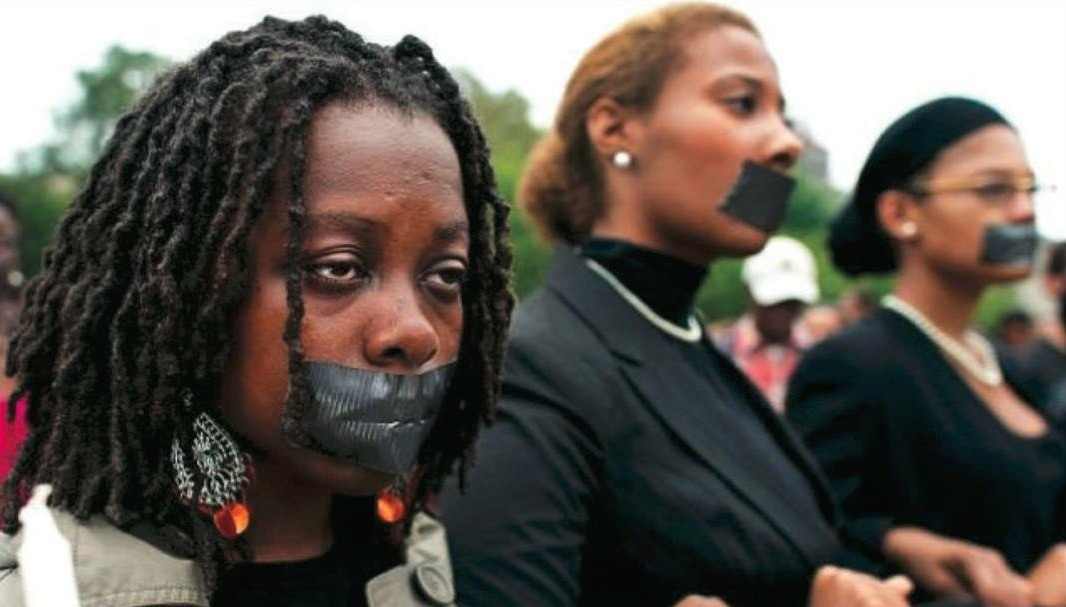Exploring experience
Four panelists discuss consent for all
At the upcoming Sexualizing the “Disposable” Woman forum, four panelists will continue the conversation surrounding consent and delve deeper into the reasons why consent is different for women from different backgrounds.
“I want the audience to walk away knowing that rape culture affects women differently,” Alexa Potashnik, organizer of the event and the Racialized Student Commissioner with the Canadian Federation of Students, says. “Marginalized women face much more oppression than privileged women. Yes, rape culture affects all women, but consent culture looks different for all women.”
The four panelists include Uzoma Asagwara, a psychiatric nurse with the government of Manitoba; Autumn Crossman, local artist and activist; Tasha Spillett, an Indigenous educator working at U of W in the Faculty of Education and at the U of M in the Department of Native Studies; as well as Adeline Bird, the host, producer and founder of the web series and podcast, Style and Soul.
“The panelists chosen from the evening come from a strong activist community, whether that be from their presence on social media or in the academic world,” Potashnik says. “These women come from diverse backgrounds which I feel is needed when addressing why the women ‘disposable’ to society are hyper sexualized within the public eye.”
Potashnik says in using the word “disposable” she aims to wake up the mainstream public and media about the issues marginalized women face.
“I’m not saying these women are disposable, but when society reacts to injustices that strike communities of marginalization, the public outcry is a quiet voice,” Potashnik says. “Perfect example are the thousands of missing and murdered indigenous women and girls, our stolen sisters, go missing every day and that’s just something that ‘happens.’”
Bird agrees that it’s important to have a dialogue about marginalized women in the media and feels that it’s the first step towards change.
“I am looking forward to talking about the media’s role in these issues,” Bird says. “Marginalized women are more prone to being objectified because of the ignorant ideologies about marginalized women and the narratives created by the media.”
Both Potashnik and Bird think the public portrayal of women is a much-needed point of discussion as well as other specific issues they face.
“It’s important to generate conversations involving these women because we seldom have conversations involving marginalized women,” Potashnik says. “In particular when discussing consent and what that means and can look like.”
Potashnik says in having the talk, they’re creating a space to discuss the reasons marginalized women are affected by consent culture differently.
“I just want people to come with an open mind and ready to learn and denounce their privilege and decolonize their minds,” Potashnik says. “I want people to enjoy themselves, learn, cry, laugh and heal while moving towards
Published in Volume 70, Number 12 of The Uniter (November 26, 2015)





